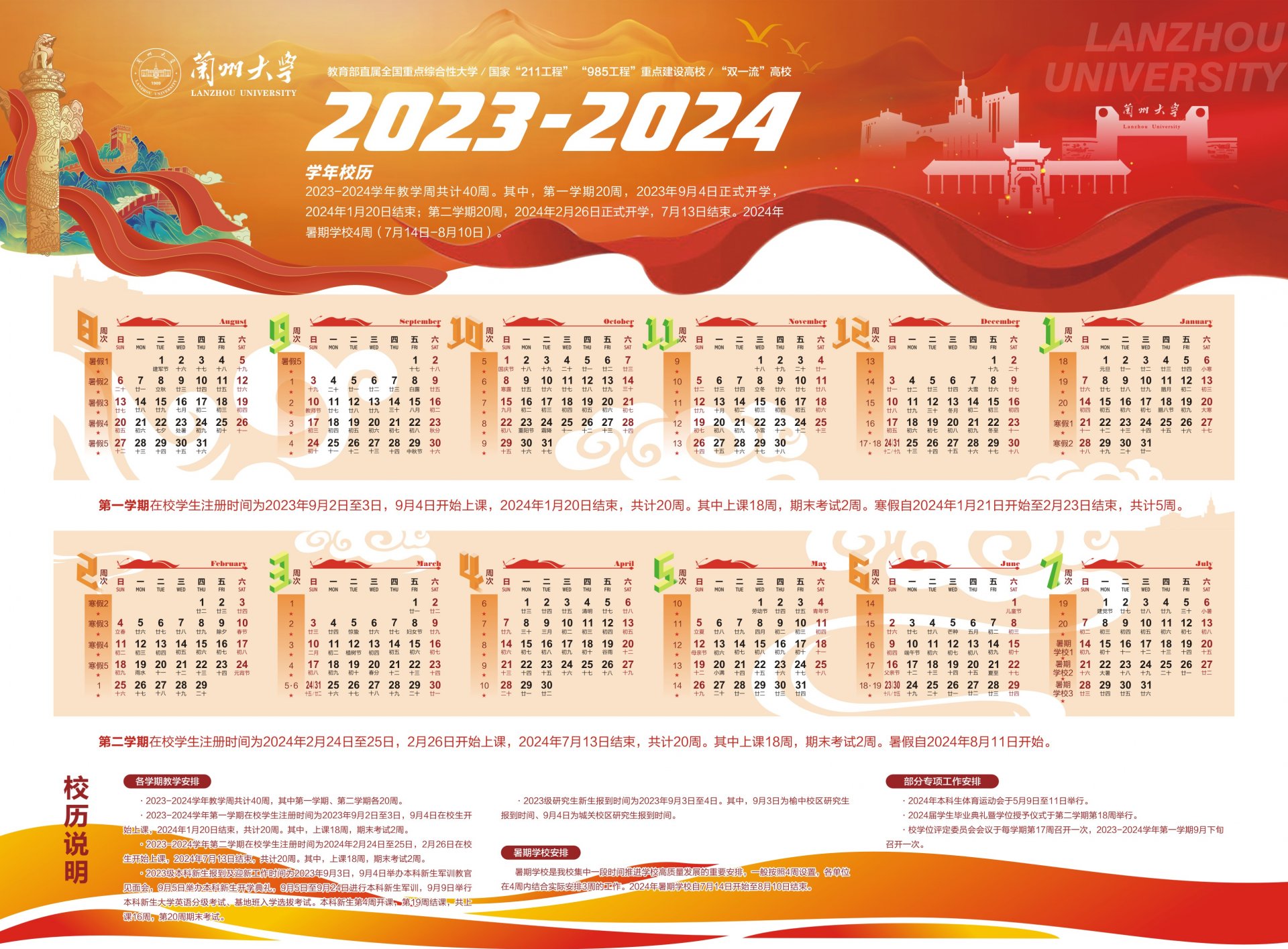In-Group Collection
1. Academic Calendar

2. Group Meeting
| Monday | Tuesday | Wednesday | Thursday | Friday | Saturday | Sunday | |
|---|---|---|---|---|---|---|---|
| 08:30 - 09:15 | FJJ,LCY | ||||||
| 09:25 - 10:10 | FJJ,LCY | ||||||
| 10:30 - 11:15 | FJJ,LCY | ||||||
| 11:25 - 12:10 | |||||||
| 14:30 - 15:15 | |||||||
| 15:25 - 16:10 | |||||||
| 16:30 - 17:15 | |||||||
| 17:25 - 18:10 | |||||||
| 19:00 - 19:45 | |||||||
| 19:55 - 20:40 | |||||||
| 20:50 - 21:35 |
3. Group Scripts
3.1 Model Building
Using Fortran to generate the CONFIG file for DL_POLY from xyz file
Download Code
Download Code
Using Fortran to generate the CONFIG file for DL_POLY from pdb file
Download Code
Download Code
Using Fortran to extract related information from HISTORY file of DL_POLY
Download Code
Download Code
3.2 Post Processing
Using Fortran to extract related information from HISTORY file of DL_POLY
Download Code
Download Code
Using Fortran to Change coordinate axis of REVCON or CONFIG files of DL_POLY
Download Code
Download Code
4. Group Files
The academic world has its own strict set of rules with respect to collecting data, analyzing the data, and writing and reporting about it. Becoming a researcher is a professional qualification. Science requires curiosity, original thinking, rigour, experimentation and critical analysis of results. But for centuries now, science progresses have led to ever stronger organizations at the international scale, scientists’ professional networks, shared practices and rules. In a both competitive and collaborative and frontier-less research environment, conducting visible and relevant scientific research requires a strong methodology and conforming to international standards. Scientists should be curious, must have patience, must try to be objective, and must be open to change.
Learning objectives of ‘Introduction to Scientific Research’:
The slide of Chapter - Introduction to Scientific Research:
Learning objectives of ‘Introduction to Scientific Research’:
- Explain what knowledge is and how it is obtained.
- Describe the current conception of science and describe its history.
- Understand the basic assumptions underlying scientific research.
- Describe the characteristics of scientific research and understand why each of these is necessary.
- Explain the difference between logic of discovery and logic of justification.
- Describe the characteristics that typify the person who is adept at pursuing scientific research.
- Describe the objectives of scientific research.
- Differentiate pseudoscience from scientific research.
The slide of Chapter - Introduction to Scientific Research:
Undergraduate thesis (design) is a comprehensive practice content to implement the talent training plan and realize the talent training goals. It is a key link and an important way to cultivate students' comprehensive quality and professional core ability. The final test and concentrated demonstration of the ability to solve complex problems. Our group requires all students to complete the Undergraduate thesis (design) in strict accordance with the Undergraduate thesis (design) requirements of the School of Information Science and Engineering and Lanzhou University. Commonly used documents are as follows:
- The undergraduate thesis handbook of LZU-ISE (Download handbook)
- The undergraduate thesis midterm check-in of LZU-ISE (Download document)
- The undergraduate thesis template 2022 of LZU(Download template)
- The undergraduate thesis proposal template of LZU (Download proposal template)
- The thesis reference style (EndNote) of LZU (Download EndNote stytle)
- The undergraduate thesis overall process of LZU-ISE (Download document)
Our group papers are as follows:
- 2024-Guan-All-dielectric ultra-broadband transparent imidazole ionic liquid-based metamaterial absorber with a frustum-shaped structure (Download paper)
- 2024-Guan-Effect of the external electric fields on the polarization and vibrational spectrum of 1-ethyl-3-methylimidazolium bis(trifluormethylsulfonyl)imide on graphene surface (Download paper)
- 2024-Guan-Imidazole ionic liquids-based ultra-broadband metamaterial absorbers from cross-architecture design (Download paper)
- 2023-Ni-Molecular engineering of cation solvation structure for highly selective carbon dioxide electroreduction (Download paper)
- 2022-Guan-How do external forces related to mass and charge affect the structures and dynamics of an ionic liquid (Download paper)
- 2021-Chen-Atomistic insight into changes in the vibrational spectrum of ionic liquids under external electric field (Download paper)
- 2020-Zhang-Vibrational spectrum of 1-ethyl-3-methylimidazolium tetrafluoroborate on graphene surface (Download paper)
- 2020-Wang-Photoelectrocatalytic reduction of CO2 to paraffin using p-n heterojunctions (Download paper)
- 2020-Guan-In-depth investigation on THz spectrum of 1-butyl-3-methylimidazolium dicyanamide spreading on graphene surface by computational calculation (Download paper)
- 2019-Yang-Ultrabroadband metamaterial absorbers based on ionic liquids (Download paper)
- 2019-Yang-Microwave-absorbing properties of room-temperature ionic liquids (Download paper)
- 2019-Guan-Ionic liquid filled single-walled carbon nanotubes for flow-induced energy harvesting (Download paper)
- 2019-Du-Highly efficient and non-precious metal for the Li-SOCl2 battery using nitrogen doped carbon supported Cu nanoparticles (Download paper)
- 2018-Guan-Flow-induced voltage generation by driving imidazolium-based ionic liquids over a graphene nano-channel (Download paper)
- 2018-Chen-Influence of external electric Field on vibrational spectrum of imidazolium-based ionic liquids probed by molecular dynamics simulation (Download paper)
- 2017-Guan-Dynamic three-dimensional nanowetting behavior of imidazolium-based ionic liquids probed by molecular dynamics simulation (Download paper)
- 2016-Shao-Flow-induced voltage generation by moving a nano-sized ionic liquids droplet over a graphene sheet molecular dynamics simulation (Download paper)
- 2016-Li-Near infrared plasmonic optical trapping based on hybrid metal nanorod (Download paper)
